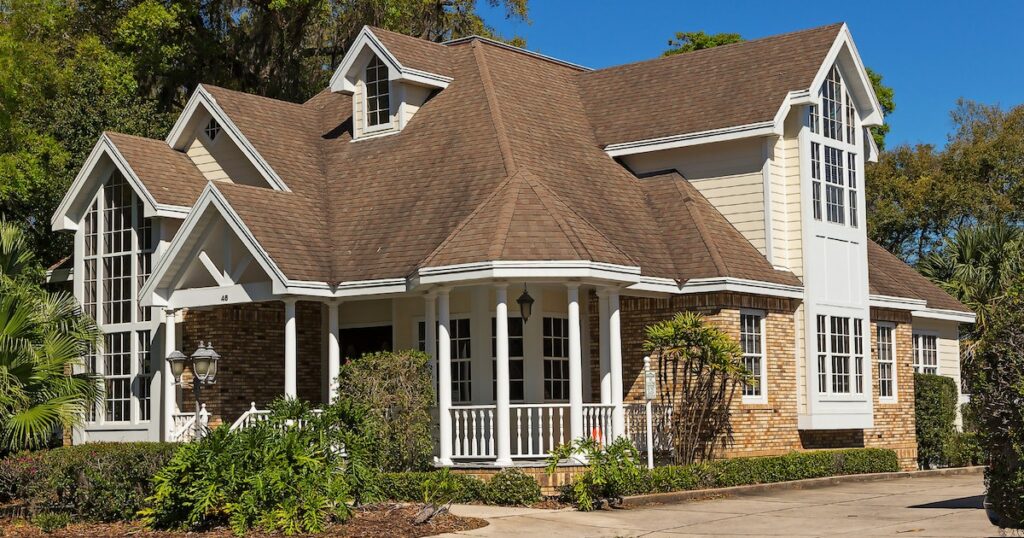Learn About Roof Financing: 8 Options to Consider

4. FHA 203(k) loan
Roof financing may be possible through a 203(k) mortgage from the Federal Housing Administration if you don’t have enough equity in your property to meet the cost alone (FHA). Fixed-rate and adjustable-rate mortgages are offered by FHA-approved lenders for the purchase or refinancing of properties that require repairs.
A 203(k) loan can be either a conventional loan or a limited loan. Most roof replacements typically don’t exceed the $35,000 maximum on repairs that can be made with a 203(k) loan.
A normal 203(k) mortgage will allow you to borrow the lesser of the following sums, providing you with enough money to pay for the roof replacement and any other major structural repairs:
A mortgage based on either:
• 110% of the home’s estimated worth after renovations are finished;
• the home’s purchase price plus the cost of the renovations
If you want to get a regular 203(k) loan, you’ll need to employ a 203(k) consultant who is recognized by the Federal Housing Administration to act as a go-between for you, the bank, and the contractor handling the roofing work (and other contractors, if any) The consultant plans the project’s workflow, verifies that the building is up to code, and approves payment to the roofer and other contractors.
When working with an FHA-approved consultant, you may expect to pay anywhere from $400 for repairs costing less than $7,500 to $1,000 for projects costing more than $100,000.
Inspections at predetermined project checkpoints may incur additional fees from your consultant. The FHA’s website includes both a detailed breakdown of fees and a directory of approved consultants A 203(k) mortgage only requires a 3.5% down payment from borrowers with credit scores of 580 or better; borrowers with scores below 580 must put down 10% of the loan amount as collateral.
5. FHA Title 1 loan
A Federal Housing Administration (FHA) Title I loan is another choice if you don’t have enough equity in your house to secure a conventional mortgage. These fixed-rate mortgages are for the express purpose of funding repairs or renovations that significantly increase the home’s basic livability, such as replacing a leaking roof.
Loans of this type can be obtained from banks that have been approved by the Federal Housing Administration. You can’t owe more than 45% of your monthly gross income on consumer debt such as credit card bills, student loans, or auto payments.
If you need a loan of more than $2,500, you will likely need to put up your house as collateral through a deed of trust or mortgage. Defaulting on an FHA Title I loan carries the same risk of losing your house as with a home equity loan or mortgage refinance.


